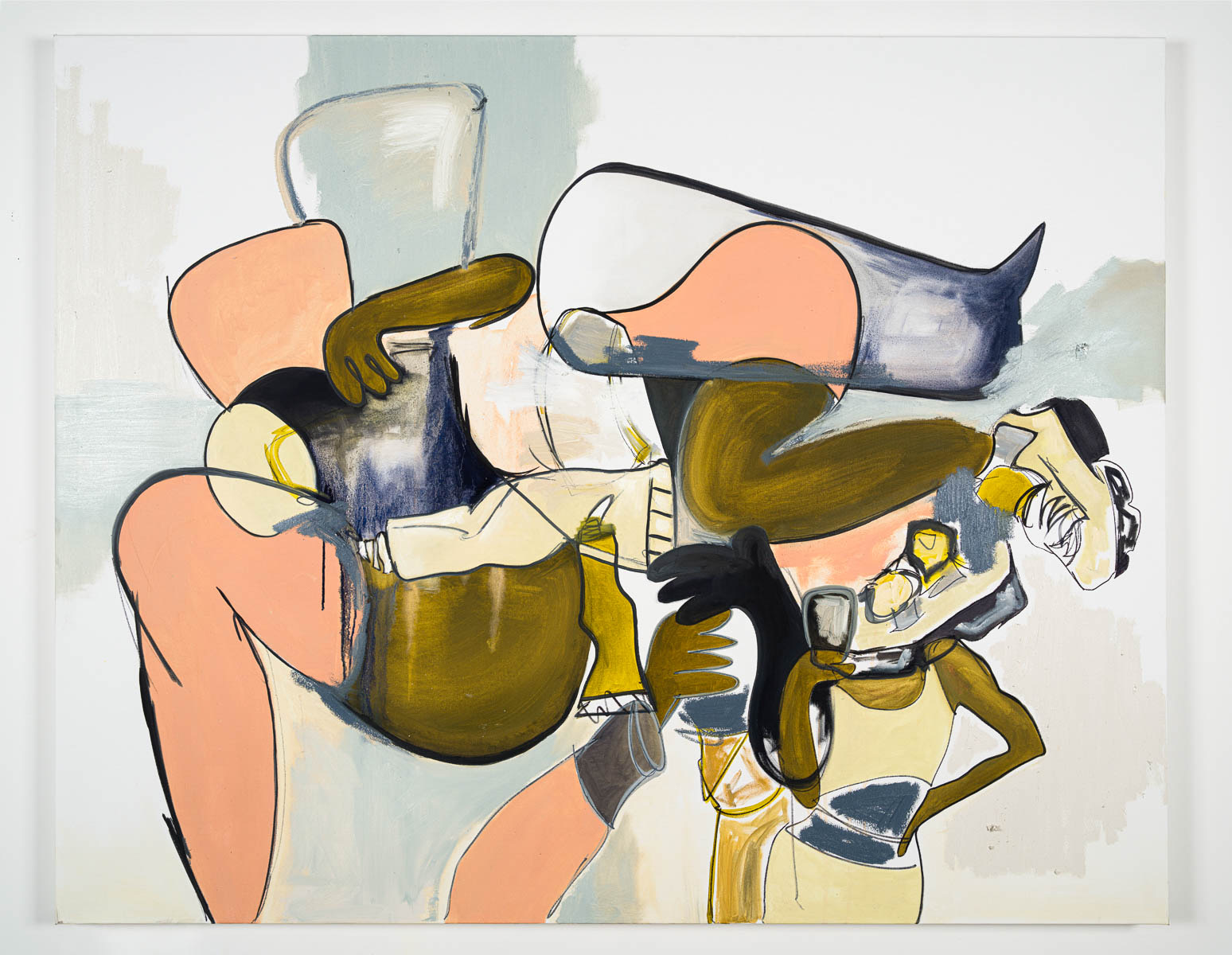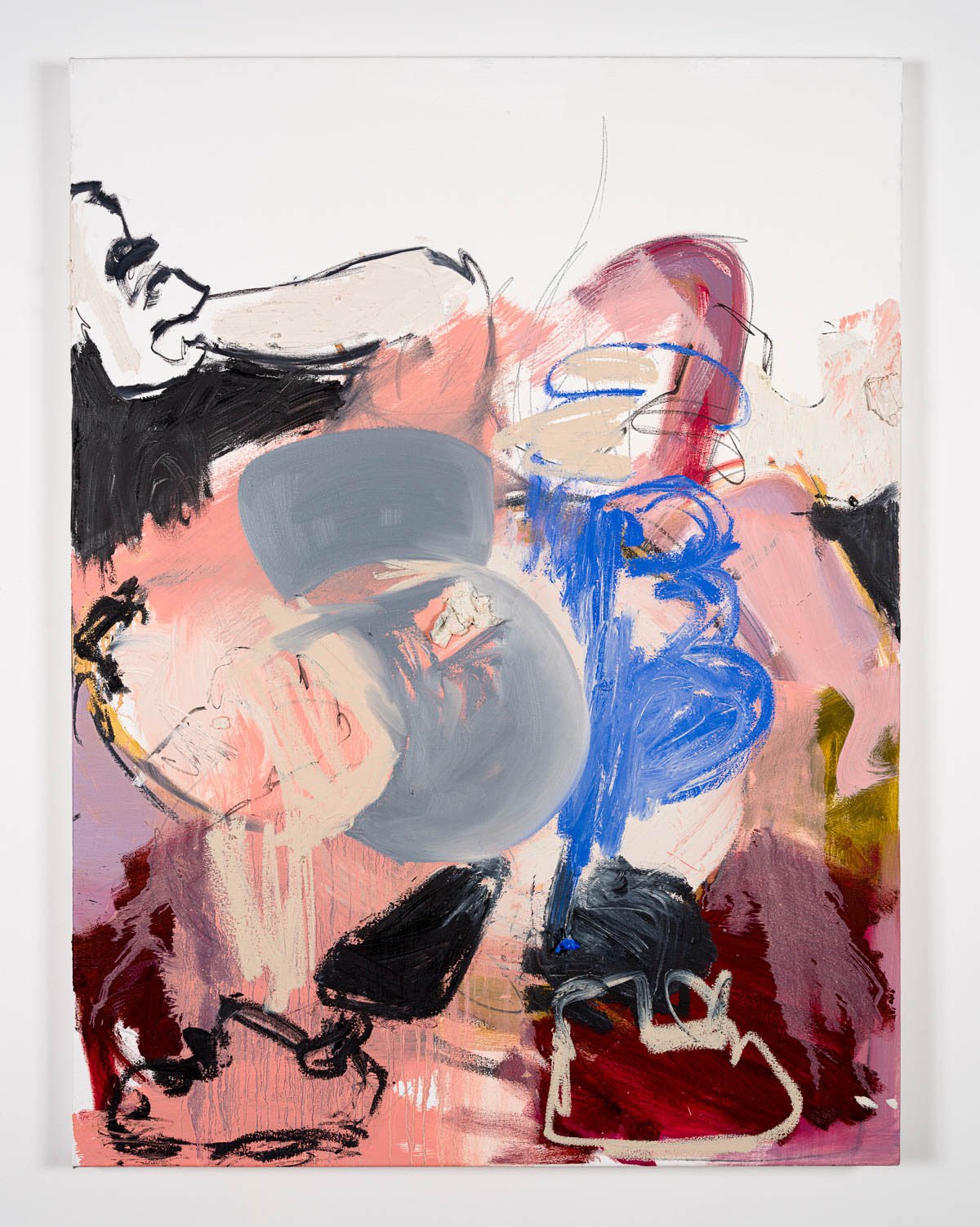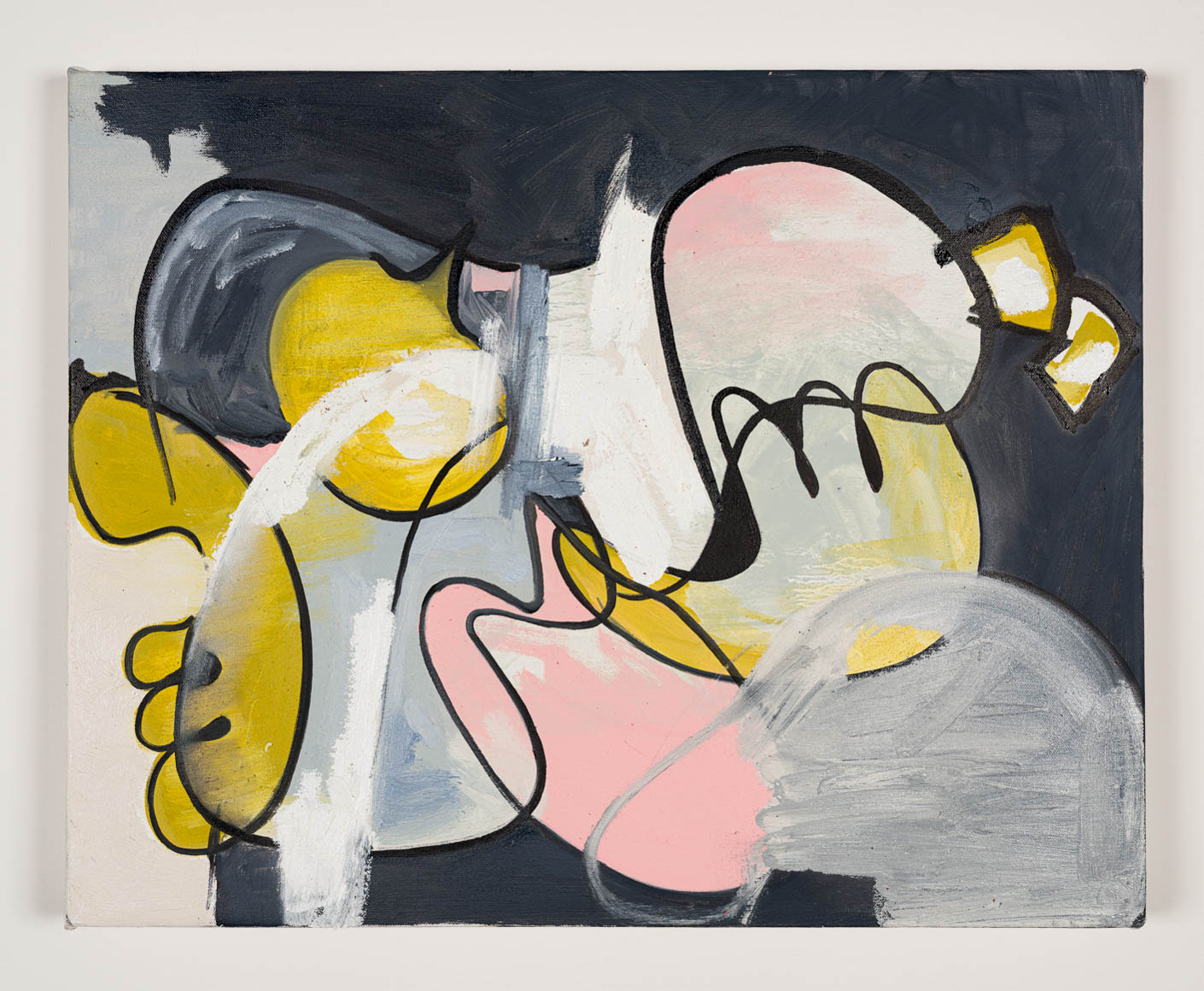Alex Leav is a New York Based artist who recently graduated from The School of Visual Arts with an MFA in photography. Her work references pop culture and social media by way of memes and iPhone screenshots and she incorporates painting—both digital and oil—to create a unique visual language.

Haonan: What inspired you to transition from being a researcher to a visual artist? And how does your background in history help you develop your work?
Alex: I’d like to think I’ve always been a visual artist. I started drawing and painting when I was seven years old, continued in high school, and studied photography throughout college. I majored in history at the University of Michigan probably because, at that age, I was scared to fully commit to art. I always enjoyed history (reading, writing) and thought that a broad, liberal arts education would be the “safer” bet. I quickly learned that the safer bet was not the more fulfilling one, so I started applying to MFA programs in my senior year. And here we are!
I’m thankful for my time studying history, though. I learned that a knowledge of the past is imperative to a better understanding of the present, and I recognize the importance of contextualization – both of which have helped me develop my own work.
Haonan: What do you think about New York's creative scenes compared to elsewhere? Or do you think that studying within New York’s creative community has shaped your works differently?
Alex: I think that the creative energy in New York is unique and unmatched—granted, I grew up in New York and live here now so I’m biased. The “creative scene’s” diversity and collaborative nature give way to some pretty cool ideas and projects. I don’t think the city has directly shaped my work, but I guess wherever one spends most of their time must inherently have some sort of impact.
Haonan: What inspires your work?
Alex: My work is inspired by what I’m thinking about and what I’m consumed with. Right now, I’m baffled by the amount of time that I spend on my phone; I’m interested in social media and it’s “politics;” I’m intrigued by the contrast or gray space between a thing and the image of that thing as posted online (or, more theoretically, between a self and the image of that self as posted online); I question what “authenticity” is in a time where “influencers” reign supreme (I also find influencer culture in general to be pretty funny). I try to explore these topics and questions visually.

Haonan: As an artist, do you have a detailed plan on what you want to work on during the day? And have you ever faced challenges that stop you from working on one piece, then you started working on another one, and then go back to the first one? or do you usually focus on finishing it before starting a new work?
Alex: I never have a detailed plan for work (or life for that matter, lol – working on this). I do have loose ideas of what I want or need to accomplish at the studio on a given day, but it’s mostly ad lib once I get there. I feel that a painting takes on its own life once it’s started, and I love the process of listening to it, reacting to it, and working with it. Typically, I’ll start by sketching something out on canvas. Then, I’ll add some paint and see where that first stroke or color takes me. I know a piece is finished when the result is satisfying and surprises or challenges me. To me, though, the most fun and engaging part of painting is the process – the ongoing dialogue between artist and material.
I usually work on a few paintings at once. A lot of my work explores elements of seriality and repetition, so a sequential or simultaneous process becomes valuable or “part of it.” I also think that I have a very short attention span (thanks, social media) so having multiple things going at once is natural for me.

Haonan: You've dipped your toes into the world of NFTs and web3 with the exhibition "The Art is Not Here" at New Collectors. Now that you have that experience under your belt, what are your thoughts about how NFTs impact art making and the art market?
Alex: Personally, I love the physicality and presence of a piece of art – texture, color, scale, etc. So, I will admit that I was a bit skeptical and hesitant about NFTs. In participating in the show at New Collectors, though, I learned that 1) it’s important to not be a luddite or a traditionalist because technological development is important and usually beneficial (soon, the metaverse will be considered just as real as “real life,” anyway, and NFTs are here to stay), 2) the availability of AR/VR technology allows artists to create work without limitations of material, space, or money (so, literally anything becomes possible ... which is pretty cool and crazy), and 3) blockchain technology allows for a more democratic, accessible art market. I think the possibilities for impact are endless; I guess only time will tell.
Haonan: Congrats on graduating with an MFA from SVA! What are your plans for post-grad life as an artist?
Alex: Thank you! I just moved into a new studio in Bushwick which has been amazing. I plan to continue making work and developing my practice. Since graduating, though, I’ve actually felt a lot freer in creating, which I think has been good for me and the work. It’s interesting! I loved art school and learned so much, but I was constantly in my head about the need to justify myself in critiques, assignments, etc. It’s nice to be in the studio now and just be.
This interview has been edited for clarity.
Images courtesy of the artist and Miguel Nunez.
